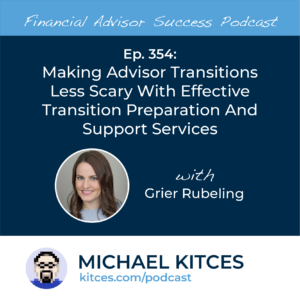In 2004, the SEC significantly strengthened the compliance responsibilities of investment advisers when Rule 206(4)-7 (also known as the "Compliance Rule") went into effect, requiring them to adopt and implement written compliance policies and procedures, review such policies and procedures annually, and designate a Chief Compliance Office to administer such policies and procedures. However, this "Compliance Rule" did not technically require that the annual compliance review of policies and procedures be conducted in writing, even though advisers were required to maintain records if they did document such reviews in writing!
To address this omission, the SEC has now formally adopted an amendment to the Compliance Rule requiring annual reviews to be documented in writing. Under the amended rule, advisers will be required to review and document in writing the adequacy of their compliance policies and procedures, the effectiveness of their implementation, whether compliance policies and procedures continue to work as designed, and whether changes are needed to ensure their continued effectiveness.
Notably, the exact formatting, length, level of detail, and overall content of annual reviews are not prescribed by the SEC. Rather, when the Compliance Rule originally went into effect in 2004, the adopting release described only 3 elements that should be considered in an annual review: 1) compliance matters in the previous year (e.g., when compliance policies and procedures did or did not function as intended), 2) changes in business activities (e.g., offering discretionary investment management for the first time instead of just financial planning), and 3) regulatory changes that might necessitate changing the firm's policies and procedures (e.g., the SEC's new marketing rule).
Further, advisers have significant flexibility in deciding how to prepare the compliance review, which could be a long-form written report with supporting documentation, quarterly reviews aggregated into an annual report, or even simply a compilation of notes. Even despite this flexibility, the SEC's examination staff relies heavily on the annual review documentation to "understand an adviser's compliance program, determine whether the adviser is complying with the rule, and identify potential weaknesses in the compliance program", positioning the Compliance Rule (and the annual review requirement within it) as an unambiguously vital mechanism to help advisers identify opportunities for improvement and implement actions to create a well-functioning annual review process.
Ultimately, the key point is that the SEC has signaled the importance it places on investment advisers performing annual compliance reviews and producing written documentation to memorialize them. And while these compliance requirements might seem like a daunting task, advisers have a range of options to make the process less painful, from breaking it down into bite-sized chunks over the course of the year (and periodically testing their compliance program and documenting the results) to engaging outside counsel to help ensure the review process and associated documentation are completed in a comprehensive and accurate manner!




